Your oral health affects your daily routine and overall well-being. Preventive dentistry is the key to good oral health. It can save you both money and time in the future. On the other hand, restorative dentistry may cost hundreds or even thousands of dollars. With that being said, it is critical to prevent dental problems from arising.
Preventive care routines can help you keep any problem from developing. It goes without saying that it’s easier to treat a health problem at the initial stage. The same goes for dental problems.
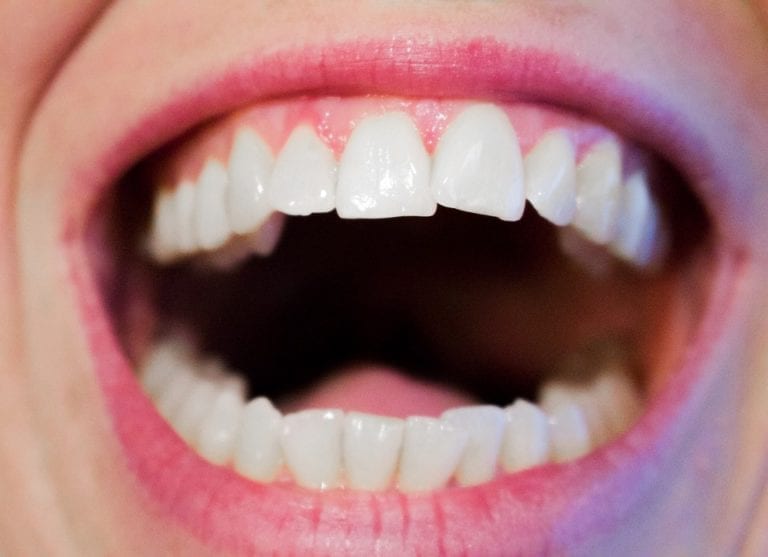
From cavities and gum disease, oral issues tend to get worse over time if not addressed early. It can be too late when you’re already developing the late stages of periodontitis.
Preventive dentistry is a great way to minimize your risk of dental problems. Below you can find out how preventive dentistry can save you a lot of time and money. It all comes down to regular check-ups and proper oral hygiene.
Regular Dental Visits
For most people, there are a lot of day-to-day things to worry about. This is especially true for those with a tough business schedule. They have a hard time managing commitments at work and balancing their personal life.
Dental visits are the last thing they want to do. This is why they often put off dental check-ups. However, it can be more harmful than they think!
Why Is It Important To See Your Dentist Regularly?
Preventive check-ups give dentists an opportunity to identify disease and intervene in a timely manner. Your dentist will be able to detect early signs of a dental issue if any. It will not only reduce pain but also eliminate additional costs.
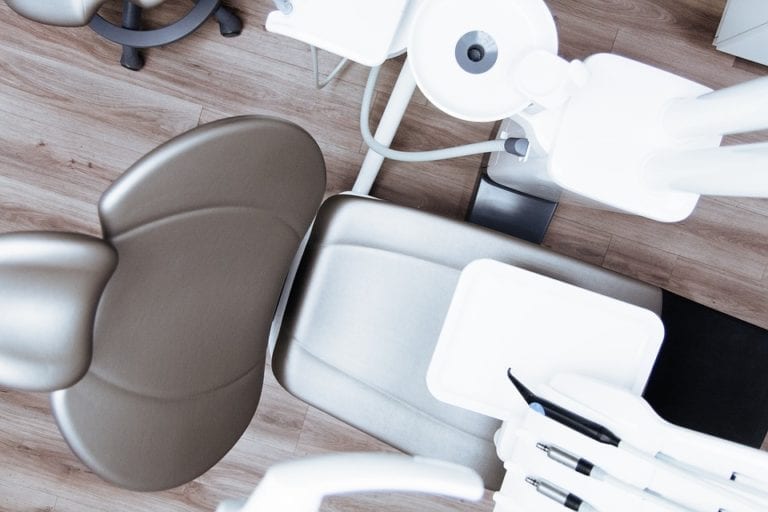
Regular dental appointments can keep you safe from a diverse range of oral problems, including:
- Cavities
- Gum Disease
- Tooth Decay
- Bruxism
- Sleep Apnea
- TMJ Disorders
- Oral Cancer
All of these conditions have one thing in common: they are much easier to treat when detected early. By the way, the treatment is most effective when performed early.
For instance, periodontitis is likely to turn into a more serious stage if it goes unnoticed due to lack of regular check-ups. However, if periodontal disease is caught early, you will be able to treat and manage it more easily.
What’s Going To Happen During Your Visit?
During your visit, your dentist and hygienist will evaluate the health condition of your gums and will also check for:
- Any signs of lesions or pits that could point out to the beginning of a cavity or tooth decay
- Any abnormalities in your mouth, including signs of TMJ and oral cancer
If the dentist finds any lesions or pits, they will be filled before developing any symptom of cavities.
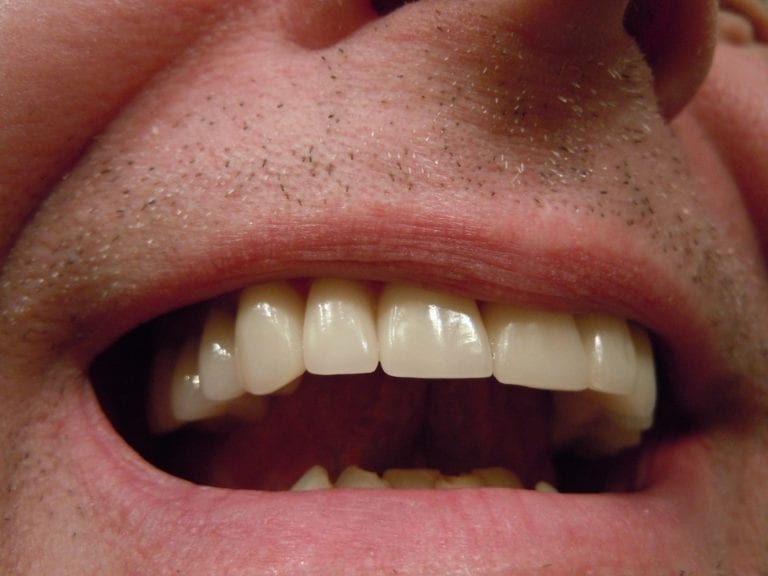
These visits also involve examination of current restorations, meaning your dentist will check existing crowns, fillings, and so on.
As for your gums, your dentist and hygienist will make use of a periodontal probe (special diagnostic instrument) to examine their condition. Periodontal probing allows the dentist and hygienist to measure the pocket depths around teeth. The pockets or gaps start to form around teeth as the gums pull away from your teeth.
Any depth above 3mm is a reason for concern because it increases the risk of bacterial infection.
How Often Do You Need To Visit Your Dentist?
For each patient, the dentist determines the most suitable frequency based on his or her health condition. While some people need to see a dentist twice a year, others need to make appointments more often. Your dentist will suggest the number of annual check-ups that suits you best.
Hygiene Appointments
Apart from regular dental visits, you need to consider establishing an ongoing daily routine. By practicing good oral hygiene every day, you can keep gum disease and tooth decay away. Plus, your dental care costs will be notably lower.
Why Hygiene Appointments Are Important?
Periodontal cleanings and good dental hygiene practices play an important role in maintaining oral health. Regular flossing and brushing is something that anyone can do with ease.
Yet, your dentist will probably have many tips and tricks that help in maximizing your preventative care routine.
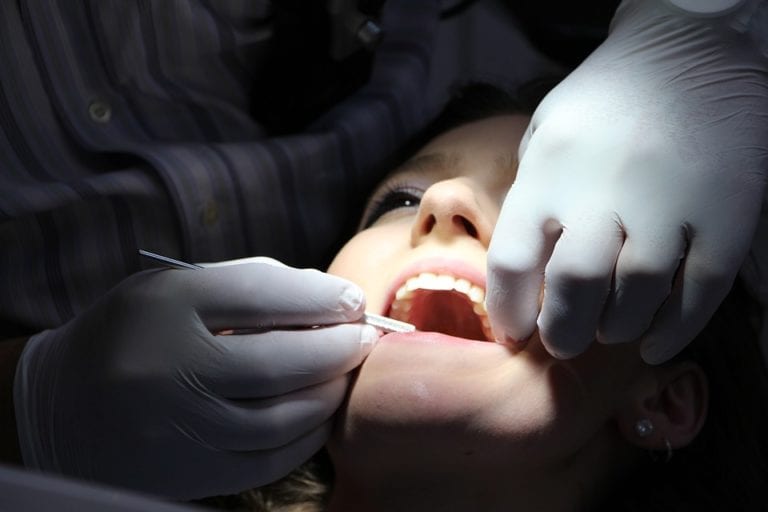
For example, some dental health professionals use intraoral cameras to show their patients areas that require particular attention when brushing.
Just as with check-ups, it is advisable to see a dentist and hygienist at least once every six months for professional teeth cleanings. This involves thorough cleaning of teeth and elimination of hardened plaque. Furthermore, these visits enable your dentist to spot any problem at an early stage before it develops.
So, it’s a good idea to see a dental hygienist from time to time. This will ensure that your teeth are thoroughly cleaned. Hygienists can take your dental care to a whole new level and keep your gums healthy.
What Does It Involve?
In general, hygiene appointments include:
- Teeth polishing – Removal of plaque and stain
- Oral hygiene recommendations – It may also include special periodontal brushes, electric toothbrushes, rinses, fluorides, and so on
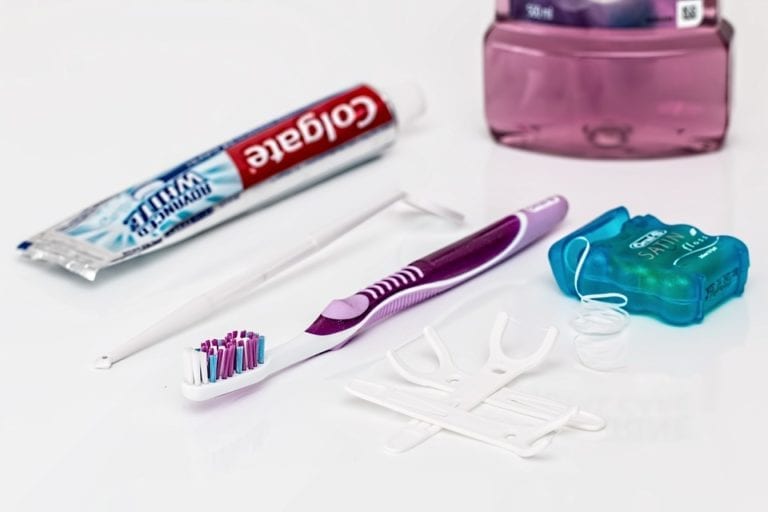
To stay on top of things and keep a healthy smile, visit your dentist on a regular basis. It’s going to save you money and time on extensive dental procedures down the road.

